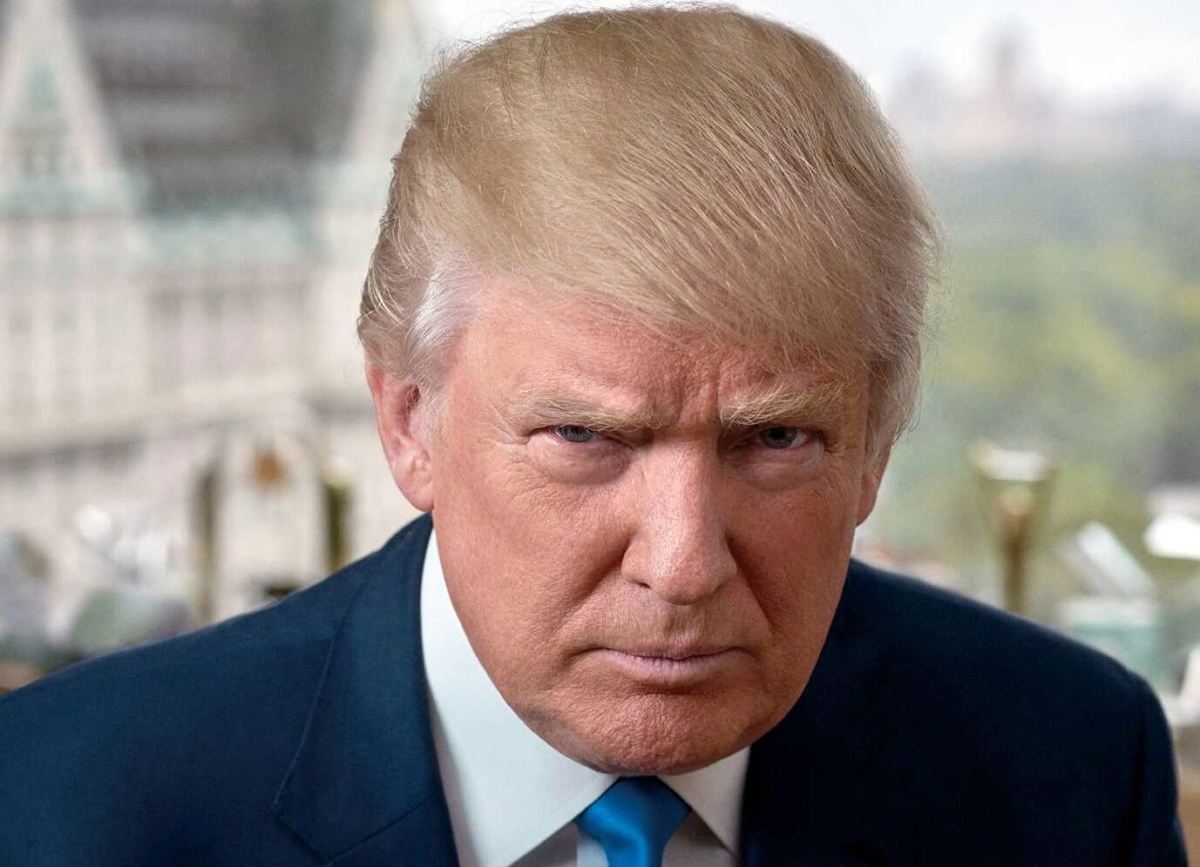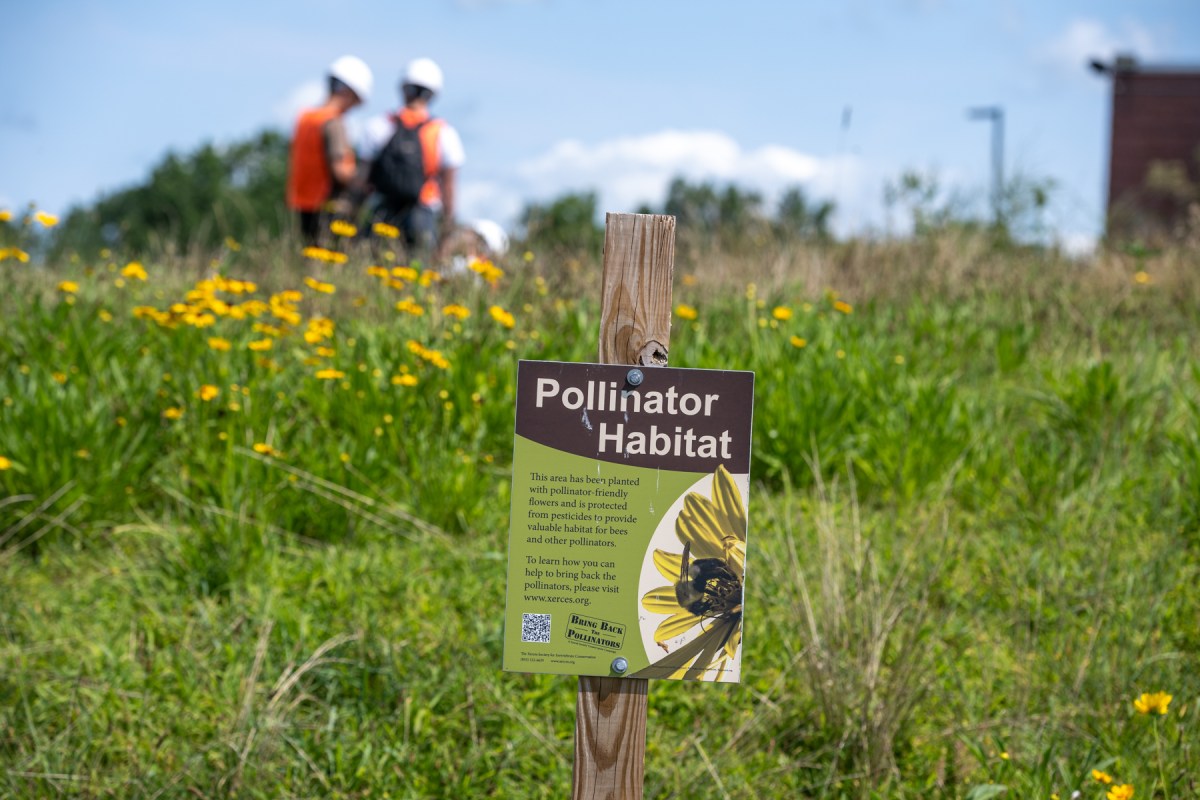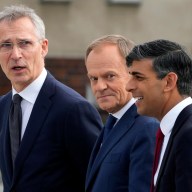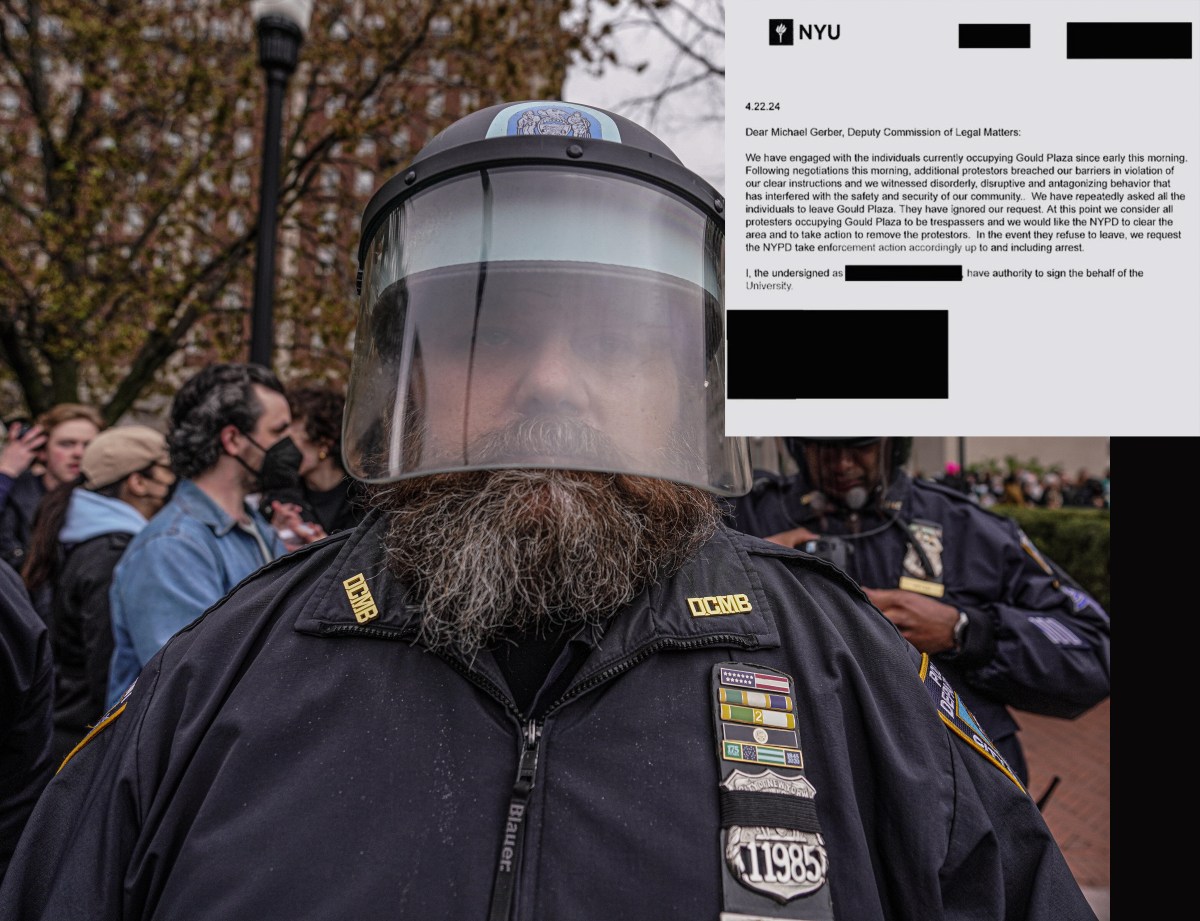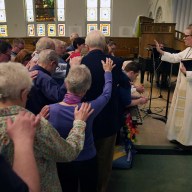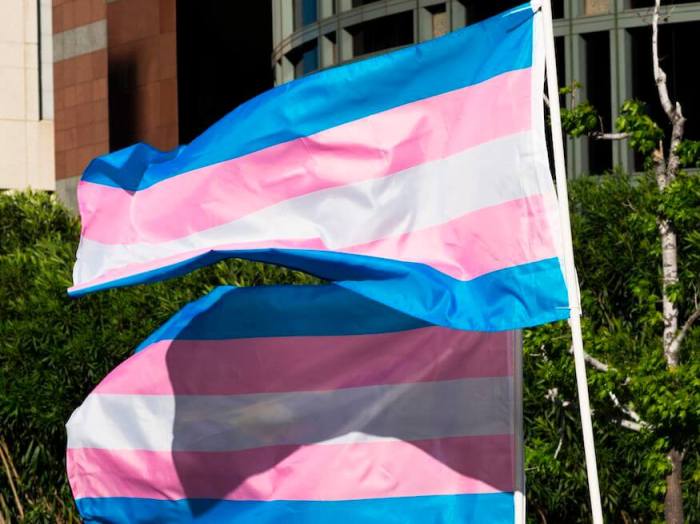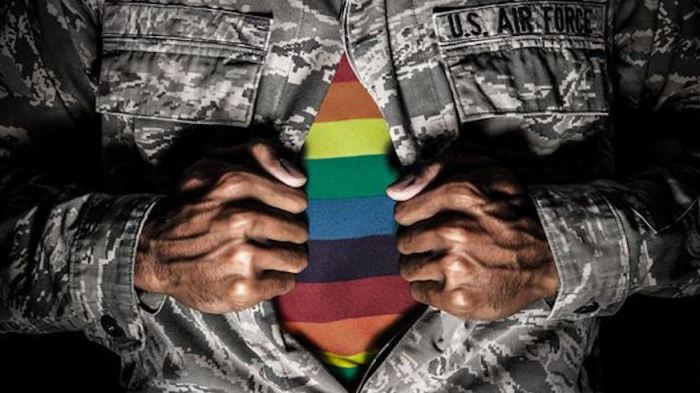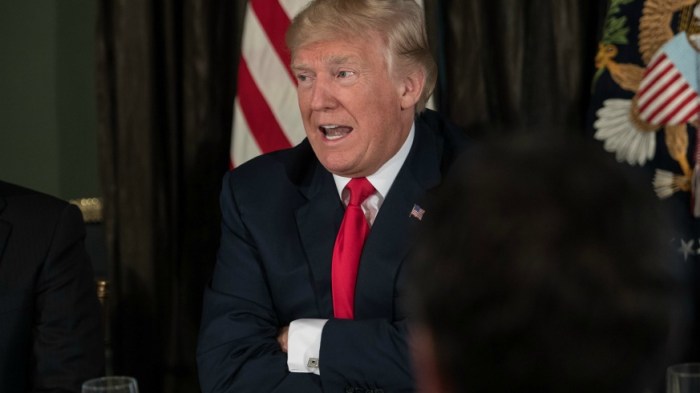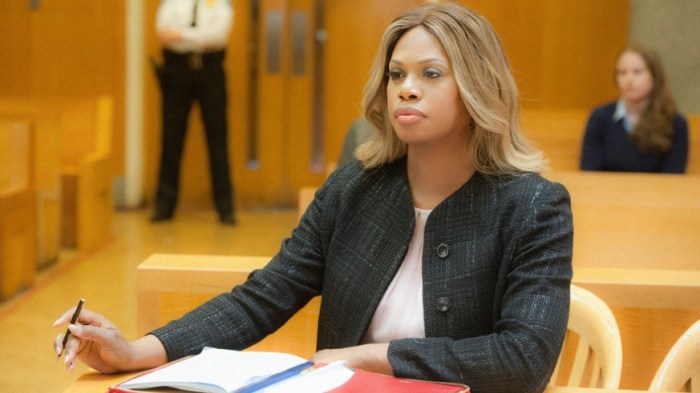City streets are getting more and more dangerous for minorities in the Trump era as new research shows a dramatic rise in hate crimes in major U.S. cities like Philadelphia and New York.
A report by the Center for the Study of Hate and Extremism at California State University, San Bernardino reveals a 5 percent rise in the crimes that target people because of their race, religion, sexuality, disability or national origin in 2016 over 2015, the Huffington Post reported.
But the instances of hate crimes are actually rising much faster in major U.S. cities, according to the study provided exclusively to the Post, proving growing anecdotal evidence of increasing bigotry in the United States. The study relied on data reported by state and local law enforcement agencies and is the most comprehensive hate crime data in the U.S.
Despite a relatively modest uptick in these types of crimes nationwide, major cities like New York, Philadelphia, Chicago, Los Angeles and Washington saw double-digit increases.
Hate crimes increased by 50 percent in Philadelphia and rose 24 percent in New York between 2015 and 2016.
Researcher Brian Levin blamed the rise hate crime on “emboldenment and mainstreaming of white nationalism” since President Donald Trump won the election.
Tracking hate crimes in the US
Election years tend to see increases in hate crimes.
The FBI began collecting hate crime statistics in the early 1990s and has registered increases during every presidential election year since, but numbers typically level off after the votes are cast.
The spike in hate crime numbers in 2016, however, has been more dramatic and has shown no signs of slowing down, Levin said.
“What is so unusual about 2016 ― with the exception of the Midwest ― and particularly among the largest jurisdictions with the best data, was a clear and dramatic spike for the election period that was unlike anything I can recall in my professional career,” Levin said.
New York is perhaps the most obvious example — the city saw a five-fold increase in these types of crimes over a two-week period around the election. It was far from alone, though.
November raked in the highest number of hate crimes of any month in the last two years in Boston, and Philadelphia recorded seven hate crimes during the election month — it typically averages about one per month.
Several states and cities have seen a decline in hate crimes, but the report noted all were regions with a history of very few recorded hate crimes.
Trump administration response to rising hate crimes
The election is over, but hate crimes aren’t slowing down. An analysis of official police hate crime data from 13 cities shows 827 hate crimes so far in 2017, a 20 percent jump in those cities over the prior year.
In reality, it could be even worse. The data relies on law enforcement to tally the crimes, but Levin said hate crimes often go unreported and can be misidentified by police.
Levin pointed to “widespread bigotry against particular communities like transgendered and Muslims” as fueling the rise in hate crime, beliefs pedaled by President Trump.
On the campaign trail, Trump often used targeted language lashing out at minorities and refused to condemn white supremacist supporters.
Since taking over the White House, Trump has been criticized for rolling back federal protections for transgender students and military personnel and has come under fire for his response to incidents like the Charlottesville protest, where he again refused to condemn white supremacists, even after one drove his car into a crowd of counterprotesters killing one and injuring 19 others.
In the aftermath, Trump condemned violence on “both sides” and called the white nationalist ralliers “fine people” — sentiments he repeated this week.
Still, the White House has said it’s pushing back against hate crimes. The Justice Department has created a hate crimes subcommittee as part of a wider effort to improve public safety and Sessions has said he is committed to improving training for officers on the local level to better identify and track hate crimes.

